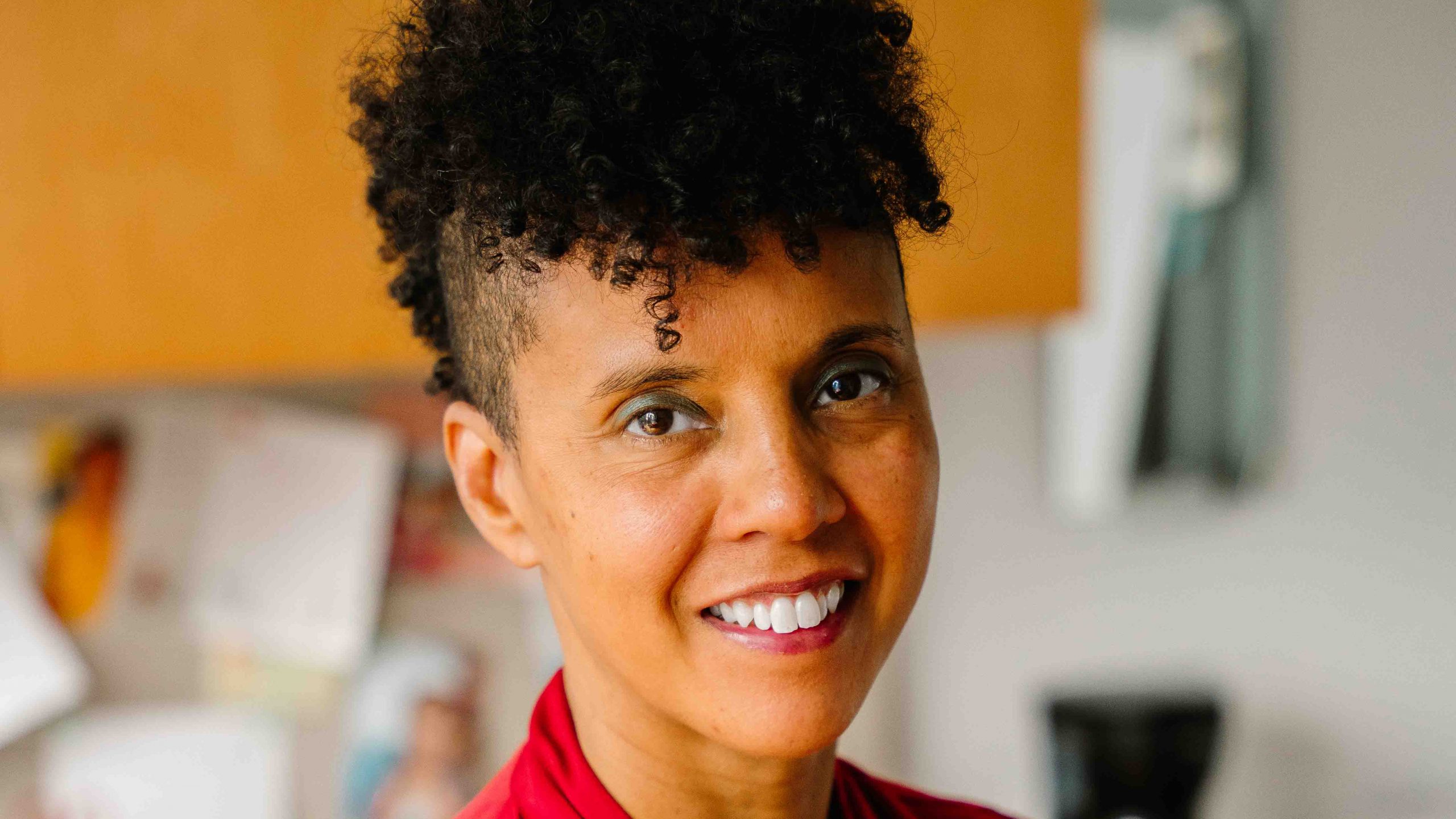 Professor Natalie M. Chin’s groundbreaking article, published in the latest volume of the Columbia Law Review, introduces a new framework examining how legal systems and social norms restrict the sexual and reproductive rights and choices of people with intellectual and developmental disabilities.
Professor Natalie M. Chin’s groundbreaking article, published in the latest volume of the Columbia Law Review, introduces a new framework examining how legal systems and social norms restrict the sexual and reproductive rights and choices of people with intellectual and developmental disabilities.
“The Structural Desexualization of Disability” analyzes three key systems — guardianship, special education, and the Home and Community-Based Services Waiver program — demonstrating how they limit deeply personal choices around relationships, intimacy, and pleasure.
“Legal scholarship has undertheorized how state systems normalize the control of intimate, sexual, and reproductive choices,” explains Professor Chin, Director of CUNY Law’s Disability Rights and Social Justice Clinic. “This framework provides a new lens to examine the sustained harms of desexualization and its impact on sexual violence. In doing so, this work aims to reframe sexuality as both a central aspect of community integration and a psychosocial health priority.”
The article builds on Professor Chin’s pioneering work establishing the first law school clinic focused on advocating for adults with intellectual and developmental disabilities at Brooklyn Law School. At CUNY Law, she continues advancing disability rights through clinical education, scholarship, and advocacy that challenges systemic inequities.
Published in Volume 124 of the Columbia Law Review, “The Structural Desexualization of Disability” continues CUNY Law’s tradition of scholarship that examines how law shapes access to justice.
